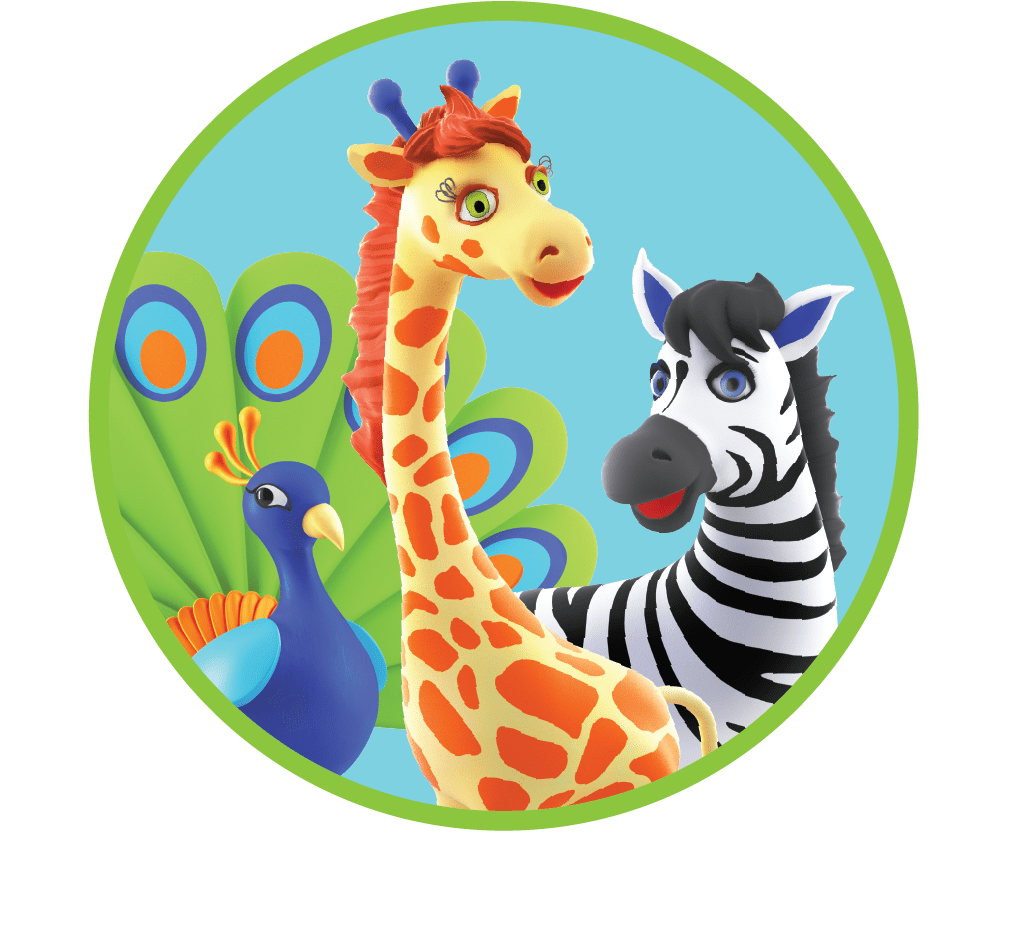Caring For Infants and Toddlers
Infant and toddler care often comes with an abundance of advice—some accurate, others less so. At Children’s Medical Group, we aim to empower parents with clear, evidence-based knowledge. Let’s dispel some common myths about infant and toddler care, from feeding practices to developmental milestones, ensuring you’re well-informed to support your child’s healthy growth.
Myth: Newborns Should Sleep Through the Night Early
Many new parents expect newborns to sleep uninterrupted overnight soon after birth. In reality, newborn sleep cycles are short, usually around 2-3 hours, due to their need for frequent feeding. According to the American Academy of Pediatrics (AAP), it’s entirely normal for babies not to sleep consistently through the night until around six months of age or older. Establishing consistent bedtime routines can gradually encourage better sleep patterns.
Myth: Holding a Baby Too Much Spoils Them
Contrary to popular belief, holding or comforting your infant often doesn’t spoil them. Infants require emotional security and bonding, which is significantly fostered through physical touch. Research from the AAP highlights the importance of responsive caregiving—holding and comforting helps build trust and emotional stability.
Myth: Teething Causes High Fevers
It’s common to attribute high fevers to teething, but studies indicate that while teething may slightly elevate body temperature, it should not cause a high fever. If your child experiences a fever above 100.4°F (38°C), it’s essential to consult your pediatrician to rule out infections or other illnesses. Contact Children’s Medical Group to schedule an appointment.
Myth: Babies Need Water from Birth
Babies under six months old typically do not need additional water if exclusively breastfed or formula-fed. Both breast milk and formula provide adequate hydration. The World Health Organization (WHO) recommends introducing small amounts of water only when starting solids around six months of age.
Myth: Late Walkers Have Developmental Issues
Every child develops at their own pace. Some infants begin walking as early as nine months, while others may start closer to 15 months or later. According to CDC developmental milestones, as long as your child is progressing steadily in other developmental areas, slight delays in walking aren’t typically cause for concern. If you are worried, consult your pediatrician for reassurance or assessment.
Myth: Introducing Solids Early Helps Babies Sleep
Introducing solids before your baby reaches around six months old will not guarantee longer sleep. Pediatric guidelines recommend exclusive breastfeeding or formula feeding until around six months due to digestive readiness. Starting solids too early might lead to digestive discomfort and does not reliably improve sleep.
Myth: Infants Should Wear Shoes Early to Walk Properly
Pediatric experts suggest that babies learn to walk best barefoot, as it allows natural foot development and helps build muscle strength and coordination. Shoes become necessary mainly for protection outdoors. Choose soft-soled, flexible shoes when necessary for outdoor activities.
Helpful Resources in this Article:
Conclusion
Navigating infant and toddler care can be overwhelming, but accurate knowledge helps parents make confident decisions. At Children’s Medical Group, our pediatricians are dedicated to providing guidance backed by scientific evidence, ensuring your child’s healthy development and your peace of mind.


